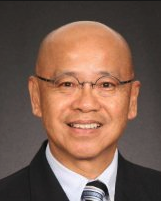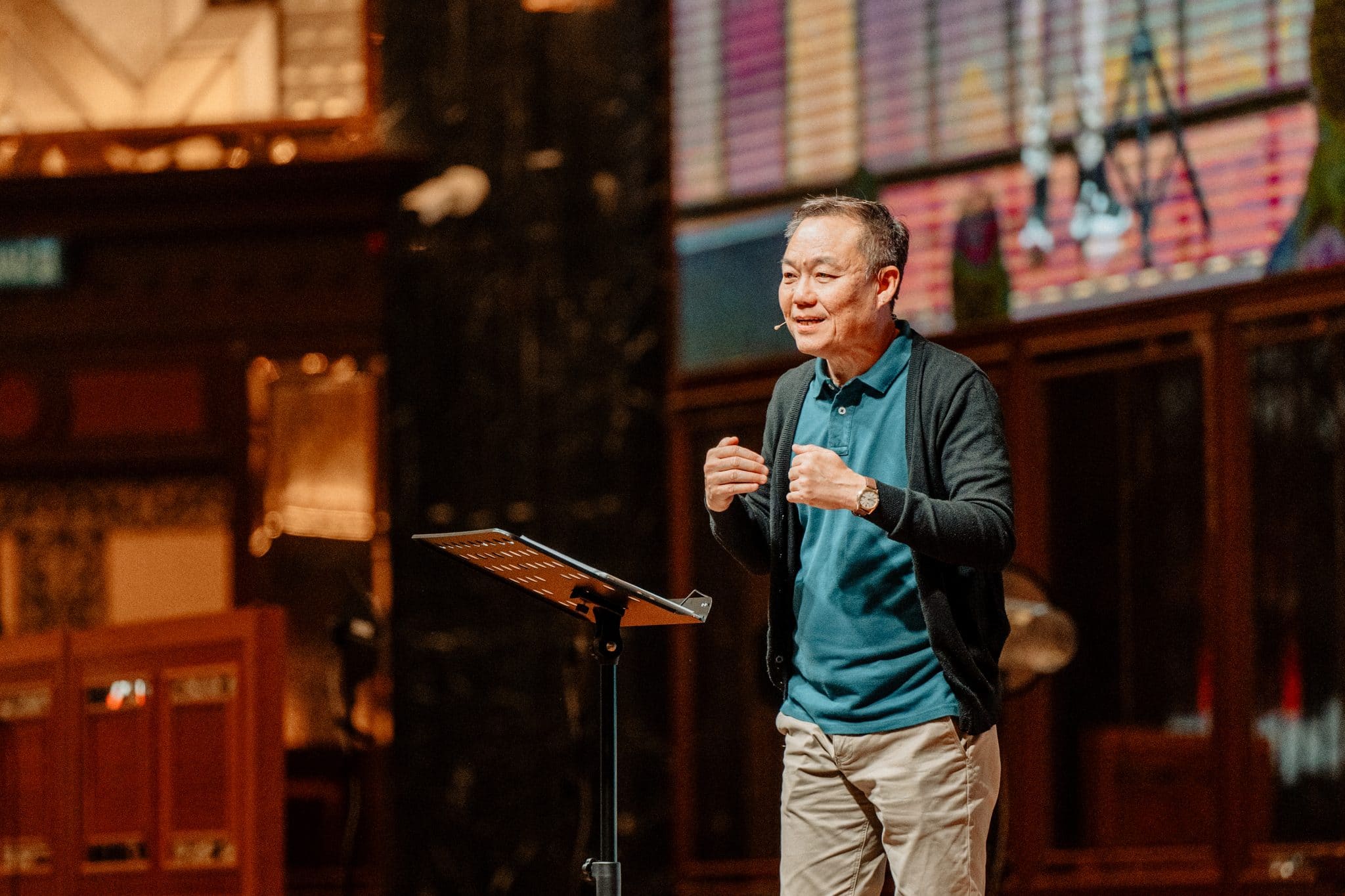
Photo by Warren Wong on Unsplash
“So continuing daily with one accord in the temple, breaking bread from house to house, they ate their food with gladness and simplicity of heart.” (Acts 2:46, KJV)
The early Christians were ordinary people like us.
They were a rough-and-ready bunch thrown together by the will of God for a purpose they did not fully understand. John and James were crudely ambitious, Peter was highly impetuous, Judas was clearly a fanatical zealot, and the rest were so unremarkable that very little was said about them.
And however you wish to describe them, “with one accord” could hardly be the words.
One in Christ
Yet soon after the resurrection of the Lord, this motley bunch was dramatically transformed.
“May they be one, just as, Father, you are in me and I in you.” (John 17:21)
We read in both Acts 2 and 4 that the unity of mind and spirit was not evident in the Gospel. In fact, the word used to describe this unity, homothumos (literally “one mind”, as in the New English Bible) is only used in Acts (10 times) and in Romans (once).
In Acts, half of the usages describe the factual one-ness of the Christians in community and fellowship. The other half describes the one-ness of purpose of those who oppose the Gospel. In Romans, it was a prayer for such purposeful oneness of mind and spirit.
That “with one accord” is not used at all in the rest of the New Testament may well be indicative that the early church after Acts was not, in fact, united in the way the community in Acts was.
Sadly, as it was then, so it is now.
In John 17:21, the Lord Jesus prays for the unity among those who will believe. He asks His Father to make believers one: “May they be one, just as, Father, you are in me and I in you…” (John 17:21)
It is a unity that reflects the divine unity of God the Son and God the Father, one that is not the result of human effort.
The centre of unity
Henri Nouwen observes: “Often we try to make unity among ourselves by focusing all our attention on each other and trying to find the place where we feel united.
It is only when we are truly and deeply in love with God that we can truly be in love with each other.
“But often we become disillusioned, realising that no human being is capable of offering us what we most want. Such disillusionment can easily make us become bitter, cynical, demanding and even violent.”
So what are we to do?
The Lord who prays for unity Himself gives us the clue to this organic unity in John 15. He says to us simply: “Remain in me, and I will remain in you.” (John 15:4) He calls us to seek our unity in and through Him.
We are not to direct our attention primarily to each other but to God to whom we belong.
It is only when we are truly and deeply in love with God that we can truly be in love with each other. It is only when we are fully aware that we belong to God that we can look each other in the eye and know that we truly belong to each other.
The deepest relationship between two human beings is the one mediated by God.
The Mediator
Jesus Christ is the source of our unity. Immediately after experiencing Pentecost, the community in Acts recognised that.
Look to Jesus – we will find our ultimate unity there.
We need our own inner Pentecost, that fresh spiritual encounter with the Lord where God renews our mind and revives our spirit. We need the Aha! moment where we humbly acknowledge Him as Lord of all.
It is only in that context that we can truly feel that we are “in one accord.”
We must return to the source of our unity in the midst of conflict, division and discord.
Together we need to “look to Jesus” to find our ultimate unity there – the unity of sinners one and all – no one is better, no one worse, than the other – all saved only by the grace of God.
There, we humble ourselves, and only there can we realise our organic unity in Christ, our Lord and Saviour.
Extracted with permission from More Pastoral Reflections by Dr William Wan.
Reflection and Discussion
- What does “unity” of fellowship and purpose look like to you?
- What are the effects of disillusionment that you have experienced or witnessed?
- What do you understand by the “unity of sinners saved only by the grace of God”? How does this change the way we relate to each other?
We are an independent, non-profit organisation that relies on the generosity of our readers, such as yourself, to continue serving the kingdom. Every dollar donated goes directly back into our editorial coverage.
Would you consider partnering with us in our kingdom work by supporting us financially, either as a one-off donation, or a recurring pledge?
Support Salt&Light



